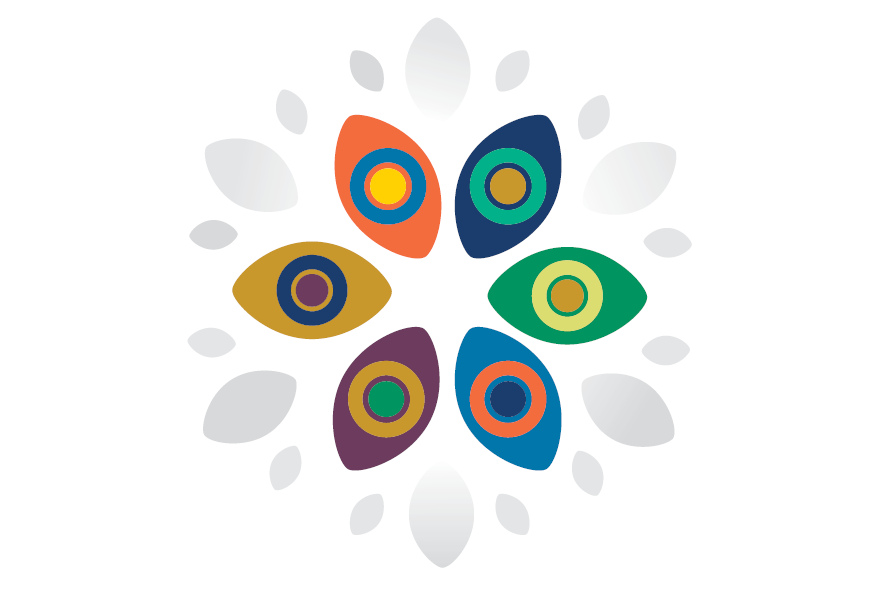Now is not the time for Canada to walk away from diversity, equity and inclusion

The following op-ed was published in the April 21, 2025 edition of The Globe and Mail.
Canada is a much different place than it was three years ago. In 2021, the topic of racial justice was front and centre in the public discourse in response to George Floyd’s tragic murder, the Black Lives Matter movement, anti-Asian harassment, and uneven progress toward reconciliation with Indigenous peoples.
Today, the focus has shifted to the high cost of living, with many Canadians experiencing financial instability and uncertain futures. Cities are faced with managing growing populations with limited budgets, and are falling short in maintaining essential infrastructure and addressing the needs of unhoused and under-housed residents. The federal government that swept into power a decade ago on former prime minister Justin Trudeau’s promise of progressive transformation has run its course, and has been replaced by Mark Carney’s focus on the economy and on protecting Canada’s sovereignty from a newly aggressive U.S. government.
The prominence given to advancing diversity, equity and inclusion (DEI) may have disappeared from today’s headlines, but it would be a mistake to conclude that it no longer matters to Canadians. The evidence can be found in the latest national survey on race relations released by the Environics Institute and the Canadian Race Relations Foundation, which updates previous research conducted in 2019 and 2021.
The survey shows that public attention to racial issues has in fact subsided a bit since 2021, but the overall picture remains essentially unchanged. Discrimination due to one’s race continues to be a reality for many Canadians. One in four (26 per cent) report experiencing mistreatment at some point in their lives due to their race or ethnicity, either regularly or from time to time; this is most likely to happen if you are First Nations (as 57 per cent of respondents identifying as such indicated) or Black (48 per cent), but not uncommon among other racialized people, as well as Muslim and Jewish people (45 and 41 per cent, respectively). One in six Canadians report having been the target of hate in the past year, and many have encountered such harassment indirectly through the experiences of other people they know, both in public and online.
But equally important is the finding that endemic racism is widely acknowledged by most Canadians, including those who do not experience it directly. Very few claim that racism does not exist in this country, though many may not fully appreciate the harm it inflicts on those affected. The public has not lost sight of the country’s current reality of racism, even if this issue is no longer as visible on the public agenda.
What’s more, the gap between the views of racialized and non-racialized Canadians has narrowed over the past few years, and in some cases has disappeared entirely. Canadians from different racial backgrounds are now more or less on the same page when it comes to their assessment of race relations in this country – an important exception to the widely held assumption that we live in an increasingly polarized society.
This provides a lesson for leaders and organizations who may be thinking about stepping back from their support for racial equality, especially in light of this trend in the United States. Canadians’ current preoccupation with other pressing concerns does not mean we have lost sight of this issue. Now is not the time to walk away from commitments to diversity, equity and inclusion.
The prevalence of racism notwithstanding, our research shows clearly that Canadians do not view their society as being defined by inter-group conflict or polarization along racial lines. Yes, there is widespread discrimination, but strong majorities also believe that people from different races in their own community get along (78 per cent) and have equal opportunities to succeed in life (73 per cent). This positive outlook has strengthened over the past three years, especially among Black and other racialized people who are now among the most optimistic about the future.
This is a positive picture of a country that sees itself as part of a whole, and this is perhaps now more important than ever before, as we witness what is unfolding within our southern neighbour’s government and society. It suggests that “diversity is our strength” is more than a slogan – it is an underlying part of our national identity. There is much work to be done to address social injustice, but now is the time to embrace this essential part of our national character at a most critical moment in our country’s history.
Michael Adams is founder and president of the Environics Institute for Survey Research;
Marva Bailey-Wisdom is a Senior Equity and Inclusion Practitioner, a Fellow at Environics Institute for Survey Research and a Senior Fellow at Munk School of Global Affairs and Public Policy
Keith Neuman is a Senior Associate with the Environics Institute
Like what you're reading? With our bi-monthly e-newsletter, you can receive even more with the latest details on current projects, news, and events at the institute.
Subscribe